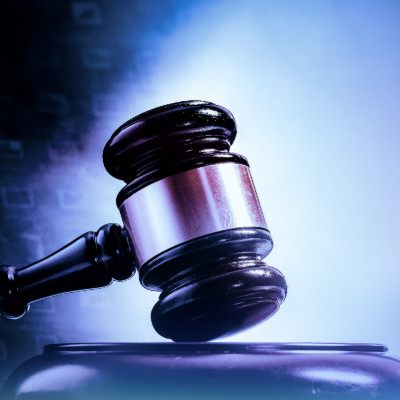Accucom Blog
Hackers Face Serious Consequences, but Do It Anyway
The Internet is amazing. It lets us connect, innovate, and learn in ways we never could before. Just like anything that is really powerful, however, it has a dark side, especially for those who explore its hidden corners. If you're into coding or curious about how computer systems work, it's more important than ever to understand the laws around hacking. The consequences for getting caught are serious and are only becoming more so.
What the Law Says
The main law in the United States that deals with hacking is the Computer Fraud and Abuse Act (CFAA). This law basically makes it a crime to access a computer or network without permission, or to go beyond the permission you were given.
The punishments can be very different depending on what you did:
- Small offenses - Even just trying to get into a protected computer without permission can be a misdemeanor. You could face fines and up to a year in prison.
- Serious crimes - The penalties get much tougher if you hack for money, to commit another crime, or if you cause a lot of damage (usually more than $5,000). These are felonies, and they can lead to ten or more years in a federal prison and huge fines.
- Extreme cases - If someone gets seriously hurt or dies because of your actions, you could face up to 20 years or even life in prison.
Beyond the Main Law
The CFAA isn't the only law you have to worry about. States have their own laws about cybercrime, and you could be charged with both state and federal crimes at the same time.
Since the internet connects the entire world, a hacking incident can also involve international laws. Countries are working together more and more to fight cybercrime. This means that if you hack into a system, you could face legal action from multiple countries.
What About Good Hackers?
Some people called white hat hackers find security flaws in systems to help companies fix them. This can be a risky gray area. While many companies have programs that reward these efforts, doing it on your own without permission can still be seen as a crime. A prosecutor might not see your good intentions and could charge you with illegal access.
The Bottom Line for Coders
Exploring technology is great, but you need to be smart about it. The legal landscape for hacking is getting stricter all the time, and the consequences of getting caught can change your life forever.
To stay safe, always get clear and written permission before you try to access or test a system. Stick to official bug bounty programs, and make sure your passion for coding doesn't land you in serious trouble.
For more great technology-related content, visit our blog again soon.





Comments